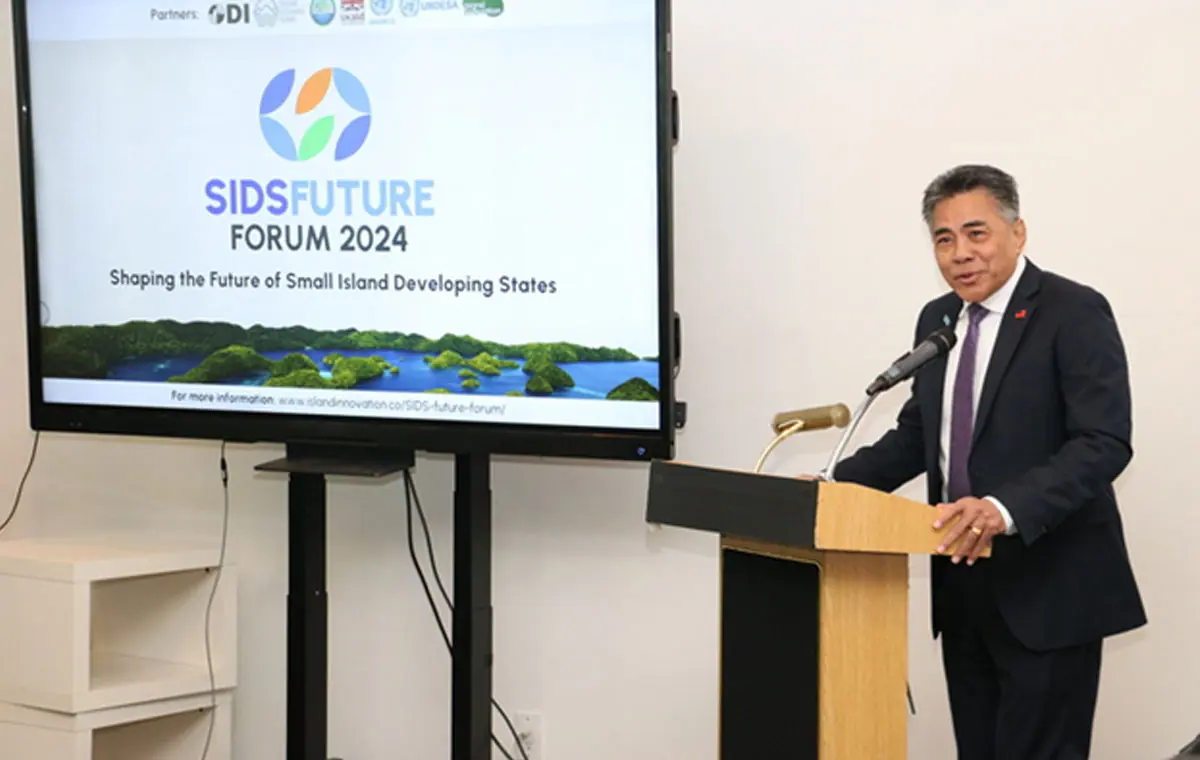Small Island Developing States (SIDS), vulnerable to the impacts of climate change and grappling with fiscal constraints, are gathering for their fourth UN Conference in Antigua and Barbuda this week. These nations, ranging from Singapore to Cape Verde, face unique challenges due to their small landmasses, dispersed populations, and import-dependent economies.
Climate change poses an existential threat to many SIDS, with extreme weather events such as droughts, hurricanes, and rising sea levels endangering their very existence. The draft document for the UN conference emphasizes the critical decade ahead for SIDS and calls for increased climate financing, as these nations confront the reality of climate-related setbacks that can set back development by years.
Despite being classified as middle-income countries, many SIDS struggle to access international aid and financing, leaving them trapped in a financial limbo. With strained debt loads and limited access to aid, these nations face significant fiscal challenges. The UN estimates that SIDS will spend a substantial portion of government revenues on interest payments alone, further exacerbating their financial burden.
Addressing these challenges requires a multifaceted approach, including seeking international aid and reforming domestic economies. Many SIDS are investing in renewable energy and sustainable fishing practices to harness their natural resources while mitigating the impacts of climate change. However, tourism, a significant economic driver, faces threats from climate change, impacting marine biodiversity and coral reefs.
Furthermore, the intersectionality of climate change with existing social issues, such as poverty and marginalization, underscores the urgency of addressing these challenges. Nicole Leotaud, executive director of the Caribbean Natural Resources Institute, emphasizes the need to confront these injustices and prioritize the needs of vulnerable populations.
As SIDS navigate the dual challenges of climate change and fiscal constraints, international cooperation and domestic reforms are essential to ensure their resilience and sustainable development. The fate of these nations carries global implications, highlighting the interconnectedness of climate action and social justice on a global scale.






